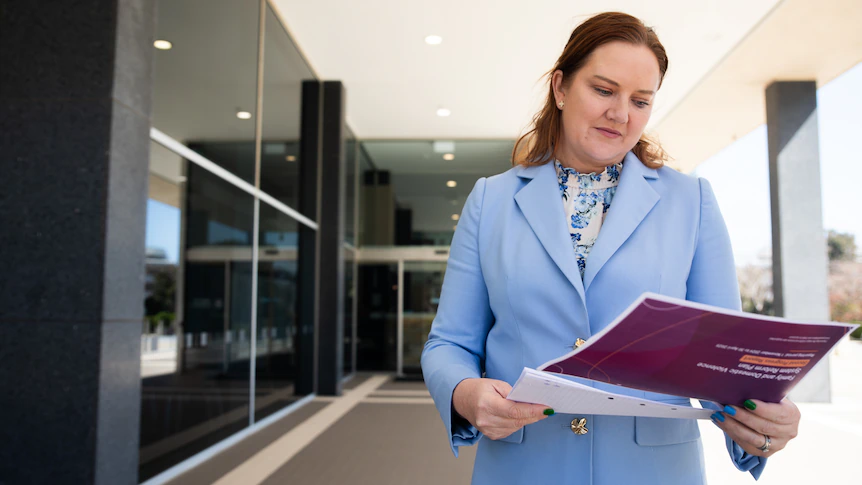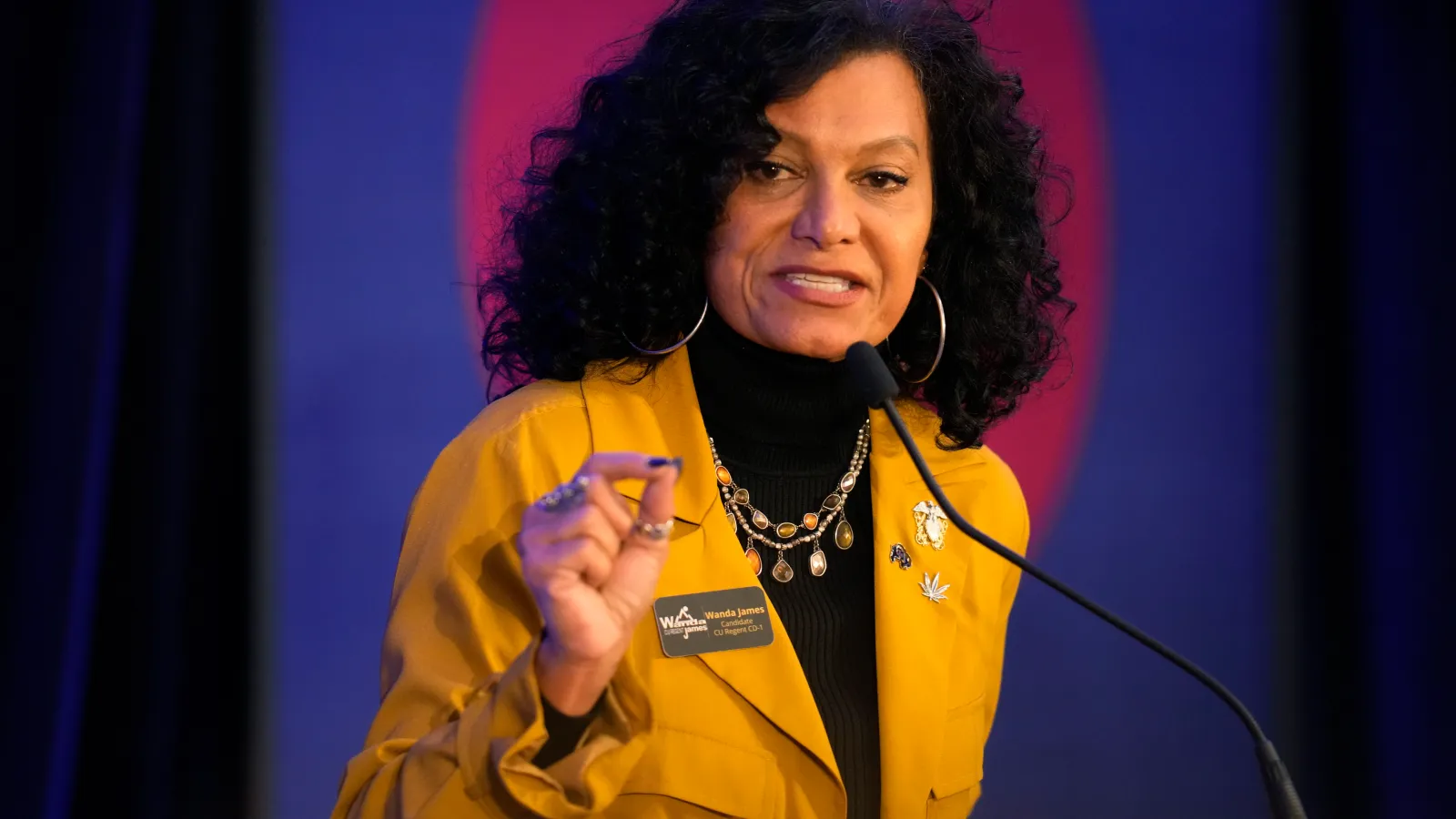By Keane Bourke
Copyright abc

Efforts to reshape how Western Australia supports victim-survivors of family and domestic violence are progressing well, but approaching a critical juncture.
That’s the view of the sector as the state government today releases its second progress report which looks back on the first year of its five-year reform plan.
The glossy report highlights important foundational work underway, including setting up better information sharing between agencies and common risk assessments.
A lived experience advisory group and a body to better support those working in the FDV sector have also been stood up.
It’s all in an effort to create a better-connected system which both offers victim-survivors the right support at the right time and takes the burden of monitoring perpetrators off them by sharing the information needed to create accurate understandings of risk.
‘No assurances’
Despite the achievements to date, and no shortage of cheerleading by the state government, the sector’s chief advocate admits a “sense of anxiety” about the period ahead.
“We’ve had no assurances around the investment that’s going to be supporting the implementation,” head of the Centre for Women’s Safety and Wellbeing, Alison Evans, said.
“[And] not just the implementation, to have a system reform and for that reform to hold and not to default back to business as usual.
“That is ongoing investment.”
Jessica Stojkovski, six months into her job as Prevention of Family and Domestic Violence Minister, acknowledged that need, despite the $564 million invested by government to date.
“There is going to be requirements for further budget submissions for various different things, whether it’s in the primary prevention space, whether it’s the wraparound services and then the accommodation piece,” she said.
The importance of that funding was last month acknowledged by the Coroner probing the death of 51-year-old Lynn Cannon at the hands of her estranged husband.
“I wish to add my support to the need for the implementation of the reform plan to be fully funded,” Coroner Sarah Linton wrote in her findings.
Victoria has spent billions in a similar effort, and Dr Evans expects a similar amount would be needed in Western Australia on an ongoing basis.
Ms Stojkovski was not prepared to put a figure on future investment just yet, but said the government was looking to other jurisdictions to see what has been successful.
“After that work is done then we’ll look towards a budget submission,” she said.
Work is also underway to look at other ways of involving the federal government and not-for-profits to build on the government’s commitment for a further 88 refuge units.
Demand surging
Anne Moore leads the Lucy Saw Centre Association’s group of services, which includes three refuges, staff to help police responding to family and domestic violence as well as counselling.
She has already seen changing conversations spurring “a huge increase in demand” over the last two years.
Ms Moore said police were also responding “a lot better” than in the past — an improvement which is expected to continue and be mirrored across the system as the reforms continue.
“I can see that when that’s up and running and going well, that will increase demand on services,” she said.
“Having those funded is going to be the next stage, and I think then that’s definitely going to be required.”
Even at current levels, according to Ms Moore, refuges are turning a substantial amount of people away due to a lack of beds.
While there were high-risk beds funded by the government for women most in need, or hotel rooms funded by services like hers when there were no other options, tailored spaces were needed to really turn lives around.
“It’s about all that other work that goes with it, the case management, making sure that they are safe, making sure their health’s OK.”
Whole-of-government approach
Ms Moore said she also wanted ministers to understand the importance of a whole-of-government approach, describing challenges women using her services experienced with other related sectors like health and housing.
It’s this area where Dr Evans is also anxious, but she reports some positive signs to date.
“We’ve always had different parts of the workforce, different professionals who have been committed to playing their part,” she said.
“But what we’re asking workforces to do is to have shared responsibility that’s reflected in their policies, in their procedures and also in their practices.
Ms Stojkovski is already positive about the progress achieved by having that shared focus so far.
She singled out WA Police for improvements it has made to officers’ training, including better identifying who the victim is when they arrive at heightened situations.
The agency has often been in the headlines for times its responses to domestic violence have fallen short, including when a man looking for his estranged wife shot dead her best friend, Jennifer Petelczyc and her teenager daughter Gretl, despite being warned three times about the risk he posed.
An internal review admitted eight officers did not perform their duty in the lead-up to the tragedy.
Announcing the results of that review and improvements police were making, Commissioner Col Blanch admitted: “One of the things I didn’t provide them was a system where they could make a correct risk assessment”.
‘Unprecedented investment’
It’s change which Dr Evans is not expecting to happen quickly, or easily.
“Because I think if it wasn’t challenging then we wouldn’t be reforming the system,” she said.
“What we feel really nervous and apprehensive about is that we so often develop and build strategies and policies, and they don’t mean much on the ground in terms of changing things for victim-survivors, and so implementation is everything.
“That will require unprecedented investment.”
It’s investment which Ms Moore highlighted as among the most important causes governments could spend on.
“It is life and death,” she said.



